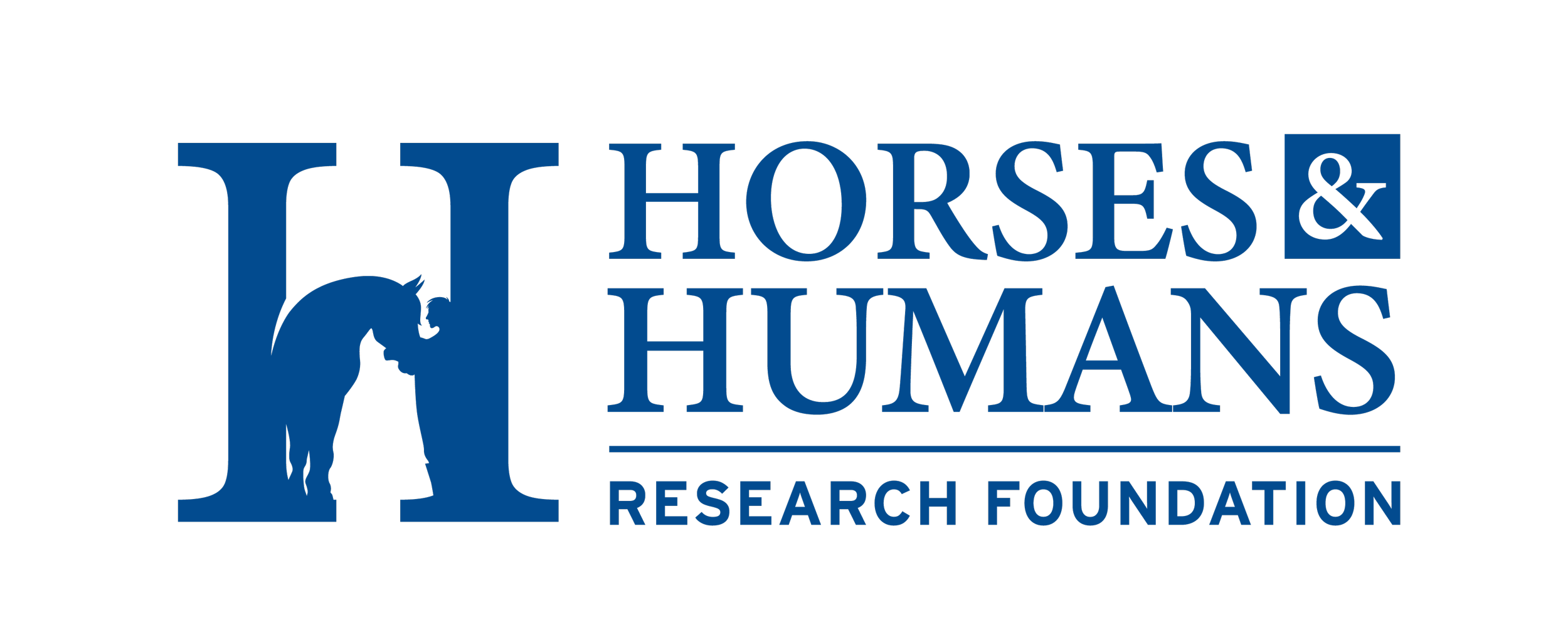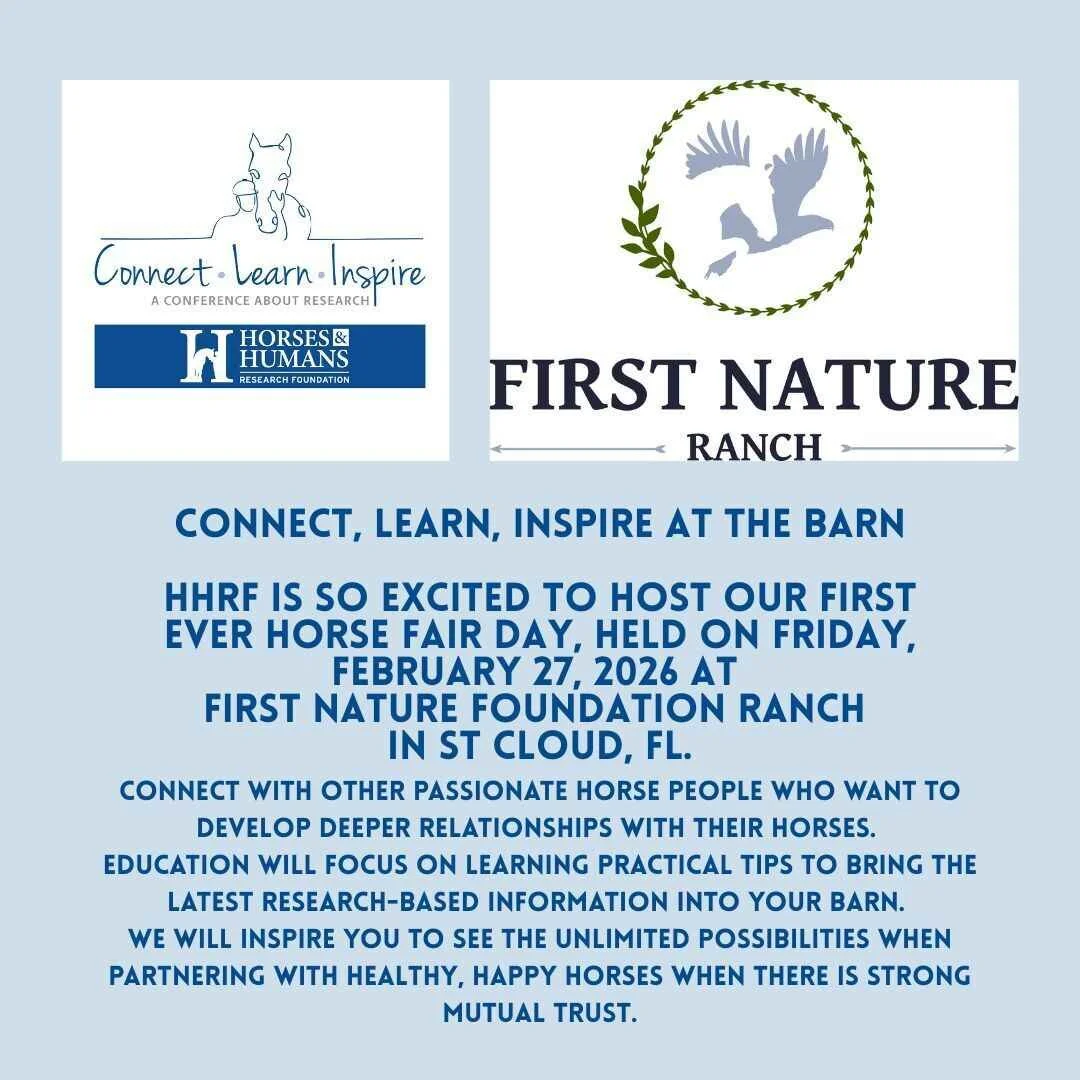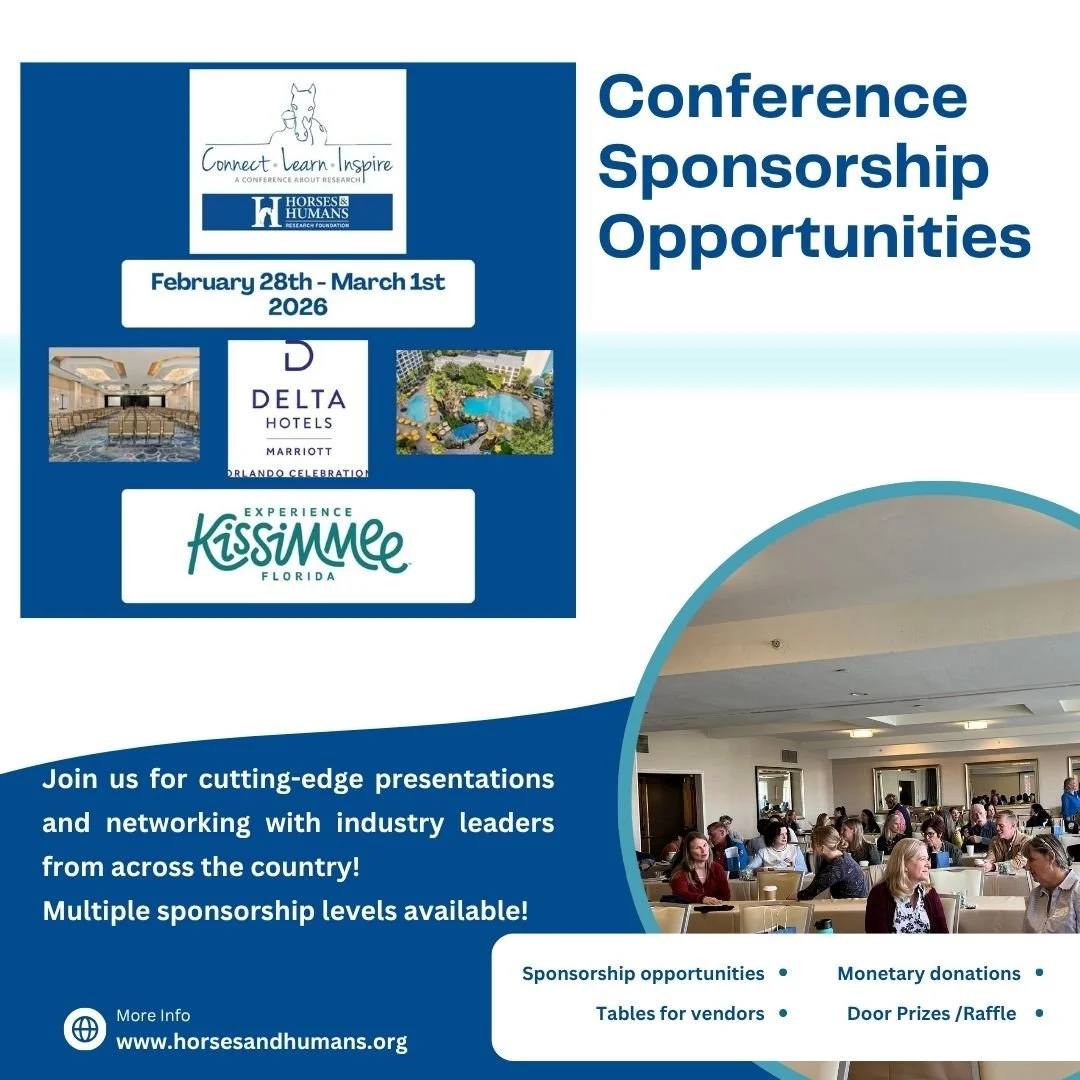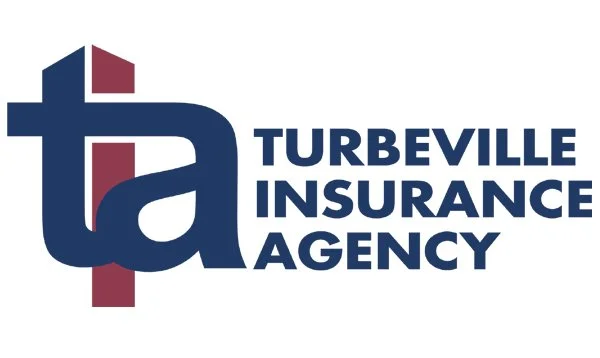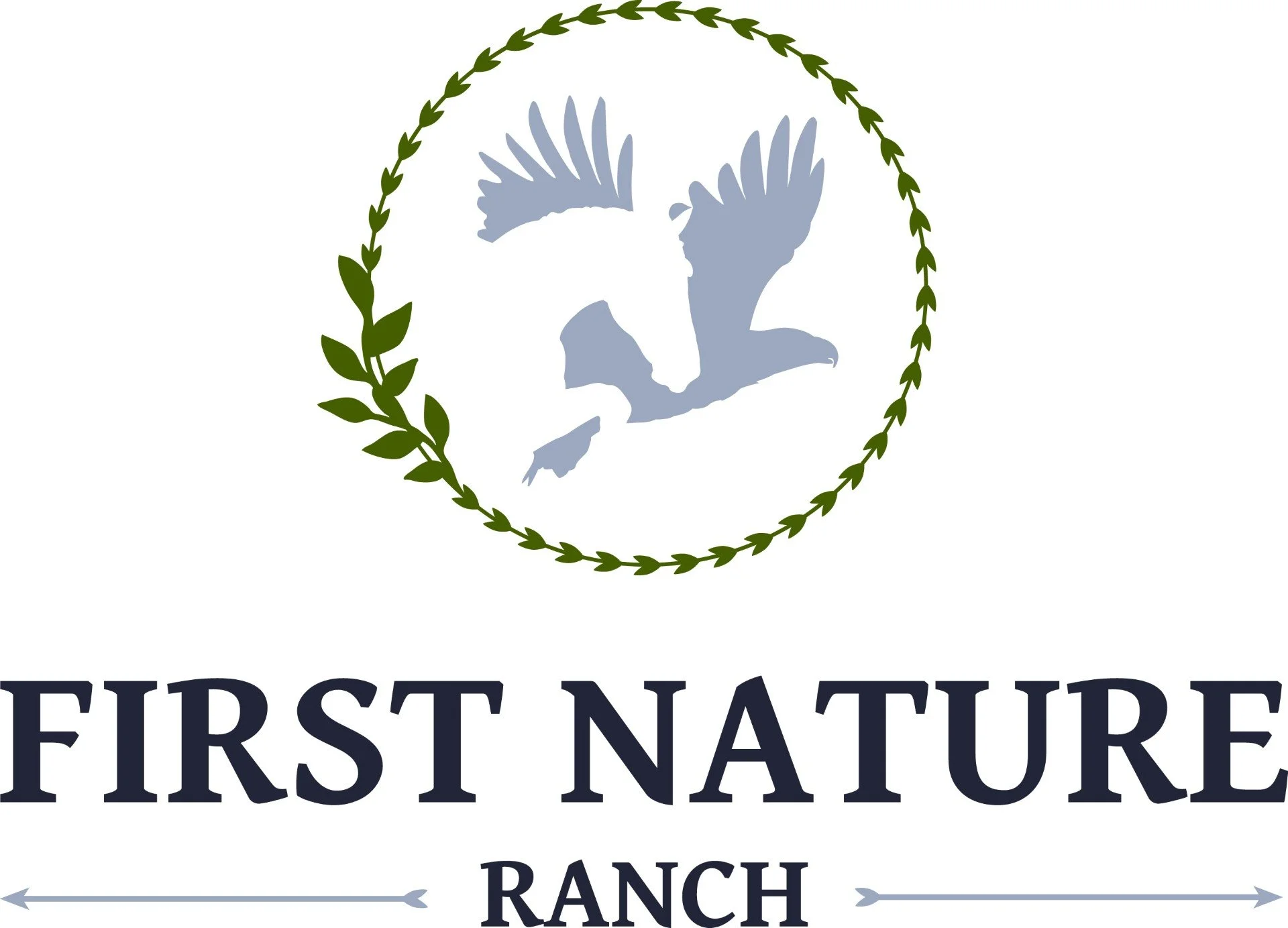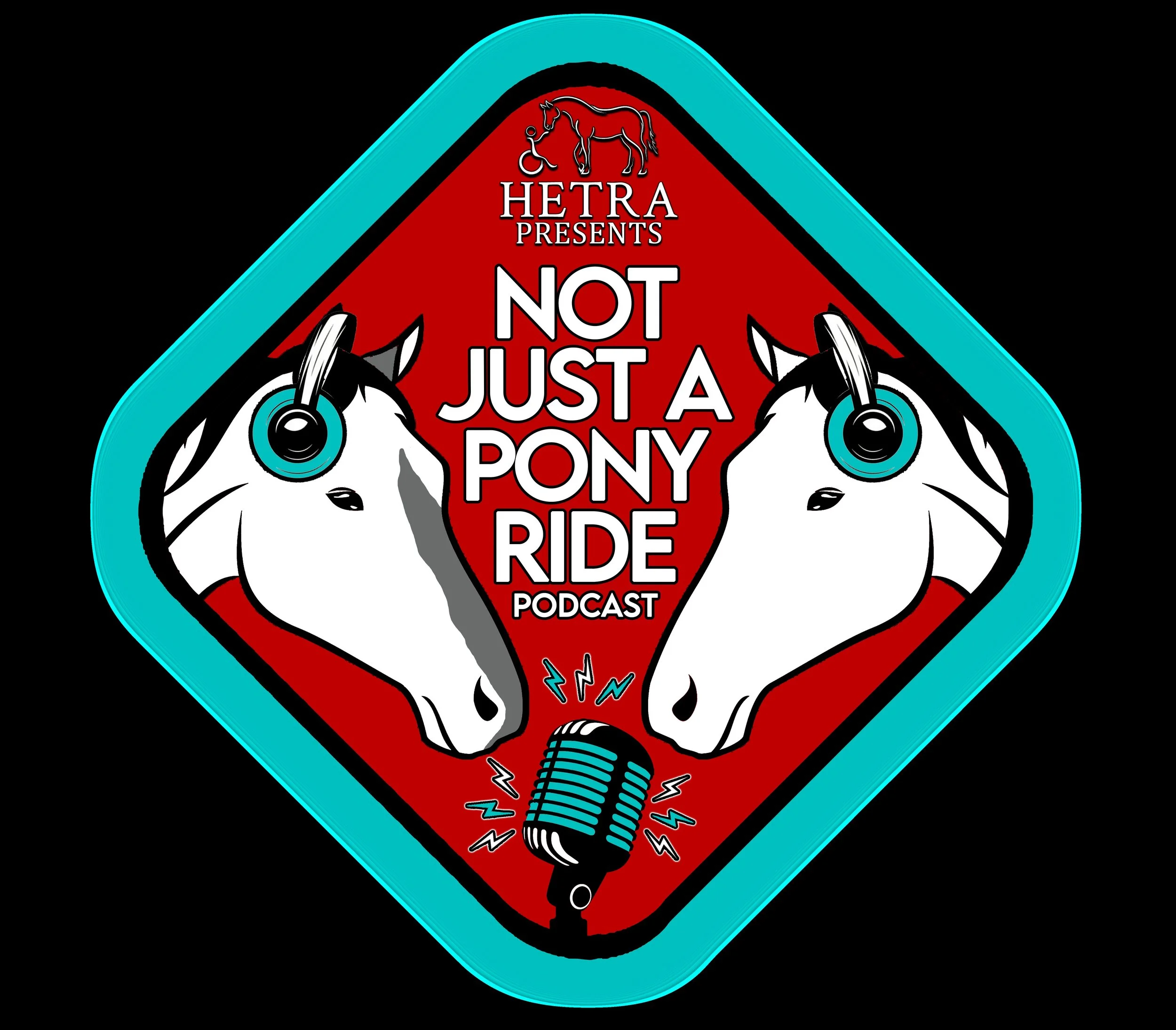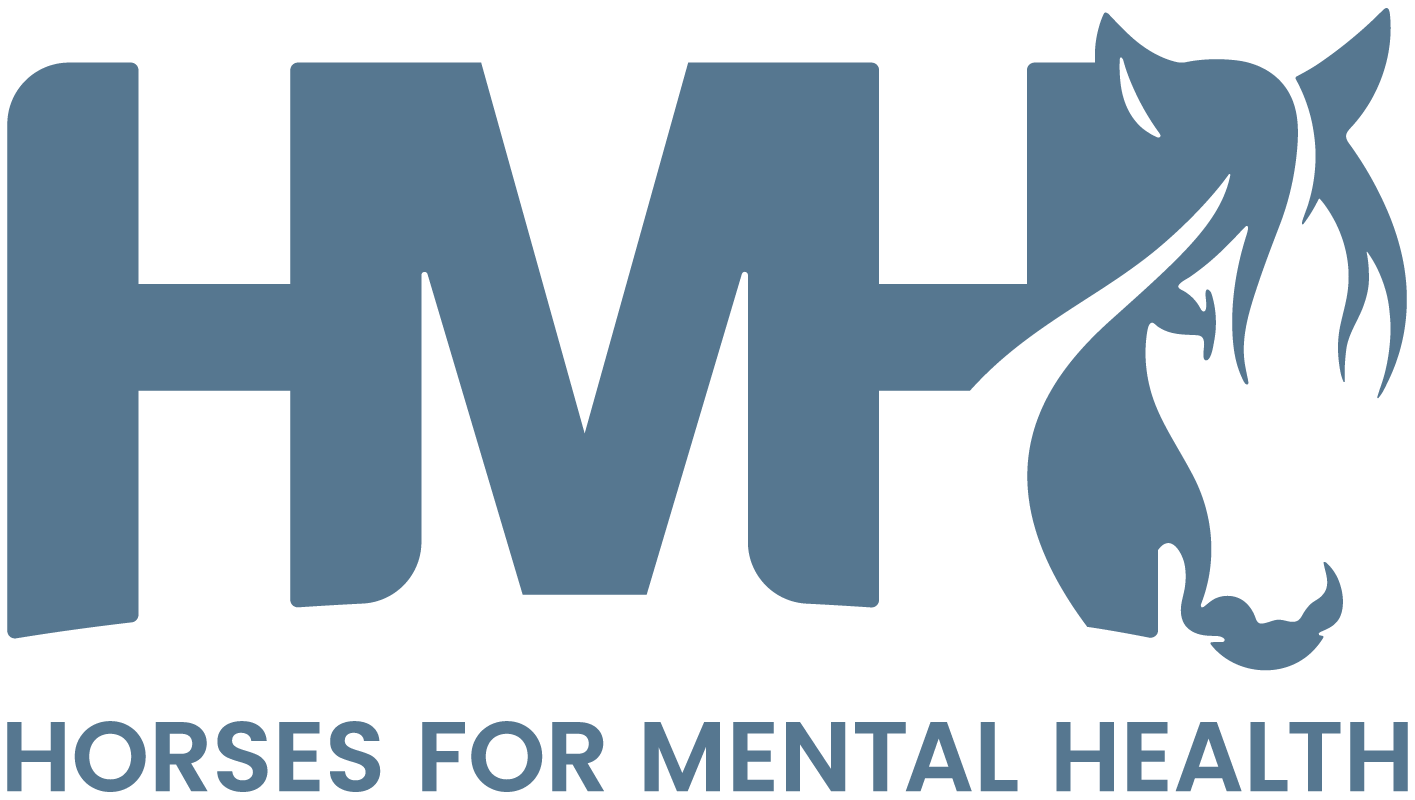2026 Conference - Kissimmee, FL
February 28 - March 1
Conference Information
Conference Registration & Schedule
Conference Schedule & Session Details
Due to all HHRF blocked rooms being sold out, HHRF has made arrangements with The Fairfield by Marriott Inn & Suites Orlando Kissimmee/Celebration (down the road from the conference site) for discounted rooms for attendees ($176.00 USD per night). Click on the link below to reserve your room. These rooms/prices are only good until February 9, 2026
Conference Sponsors
2025 Annual Conference
February 21 - 25, 2025 San Antonio, TX
For recordings of past Conference recordings, please visit our YouTube channel.
2024 Annual Conference
February 24-25, San Diego, CA
Presentations:
Between Magic and the Mirror: the danger of deification or objectification when working with horses in Equine Assisted Services - Kathleen Choe, LPC-S, Certified Equine Assisted Psychotherapist. Link to abstract and sources
An Equine-Assisted Co-Treatment Model for Traumatized and At-Risk Youth: the Interprofessional Collaboration of Occupational Therapy and Mental Health. Sheryl Butler MA, OTD, OTR/L & Molly DePerkel MA, LP. Click Here
The current state of the science of EAS for veterans: Challenges and opportunities to move the field forward. William(Bill) Marchand MD, LFAPA. Click Here
Measuring Up: Quick and easy standardized assessment of functional abilities of children in physical, occupational, and speech therapy using hippotherapy. Matt Mitchell PT, DPT, HPCS, CTRI & Randi Shannahan, PT, DPT, HPCS, CTRI. Click Here
2023 Annual Conference
July 22-23, Centenary University, NJ
Presentations:
EAST: An explanatory theory of horses humans & psychotherapy. Noreen Esposito EdD, Associate Professor emerita, UNC-Chapel Hill, Angela Fournier PhD, Professor, Bemidji State University. Link to PDF
Eating Disorders & Rescue Horses. How They Heal Together. Jo Anne Miller, Brookhill Farm. Link to PDF.
Equine Sleep Requirements: Understanding the Restful Needs of Horses. C. Mike Tomlinson DVM MBA. Link to PDF
Evaluation of a Mindfulness and Self-Compassion Based Psychotherapy Incorporating Horses For Veterans Who Have Experienced Trauma. William (Bill) Marchand, MD, LFAPA, Lisa J. Finnell, Amy Hartquist. Link to PDF
Expanding the hoofprints of horses andhumans research through the Equine AssistedCollaborative for Health. Kimberly I. Tumlin, PhD, MS, MPH. Link to PDF
Home, from a Horse’s Perspective. How the horse feels and sees our world! Jo Anne Miller, Brookhill Farm. Link to PDF
TRAAC: Therapeutic Riding Assessment for Adults and Children. Cheryl H. Coughlin, OTD, OTR/L . Link to PowerPoint
Two Studies of a Psychotherapy Incorporating Horses For Healthcare Worker Wellbeing. William (Bill) Marchand, MD, LFAPA, Laurie Sullivan-Sakaeda, Ryan Lackner, Dylan Taplin, Elena Nazarenko. Link to PDF
What is the role of recreational therapists incorporating equines to benefit humans and how does it relate to other therapies? Betsy Kemeny, PhD, CTRS, Courtney Gramlich, CTRS, Whitney Angelini, DPT, CTRI. Link to PDF
2022 Annual COnference
August 13-14, Fieldstone Farm Chagrin Falls, Ohio
Presentations:
Investigating Equine Movement as a Mechanism of Change for Children with Autism. Beth Lanning Phd, MCHES. Link to PDF
Horses and Humans in Equine-Assisted Learning and Human-Animal Studies: Literature Review Findings and Recommendations. Elisabeth Farrell. Link to PDF
Mind Full or Mindful? A Cohort Study of Equine-Facilitated Therapy for Women Veterans. Aviva Vincent, PhD, LSW, Kathleen Farkas, PhD, LISW-S. Link to PDF
HETI –An Overview. Gisela H. Rhodes, M.Ed CTRI, Adv. Riding & IV Instructor. Link to PDF
Comparative Effectivenessof Recreational Therapy using Canines, Equines, and No-Animal Intervention. Betsy Kemeny, PhD, CTRSMegan HutchmanCoil, CTRS. Link to PDF
Reining in Anxiety: Cognitive-behavioral therapy & adaptive horseback riding. Aviva Vincent, PhD, LSW Veterinary Social Worker. Link to PDF
An equine-assisted services intervention for Veterans with posttraumatic stress disorder. William (Bill) Marchand, MD, LFAPA. Link to PDF
Considerations for Assessing Equine Well-Being and Stress. Ellen Rankins. Link to PDF
Temple Grandin Equine Center and Path Intl: Assessment Protocol Initiative. Kathy Alm, CEO, PATH Intl., B. Caitlin Peters, PH D ., OTR /l Assistant Professor Temple Grandin Equine Center C olorado State University. Link to PDF
Linking Practices and horse traits in secular and non-secular equine-assisted programs. Kimberly I. Tumlin, PhD, MS, MPH. Link to PDF
Does Heartrate Variability Contribute to Our Understanding of Stress? Interpreting the Horse and Human Response to Equine Facilitated Psychotherapy. Dr. Laurie McDuffee and Dr. William Montelpare. Link to PDF
The Importance of a Biobehavioral Approach to Assessing Equine Well-Being during Equine Assisted Services. Kimberly Cole Phd, Nicole Lorig MS. Link to PDF
2021 Annual Conference
October 30-31,Isothermal Community College, NC
Presentations:
Comparing Therapeutic Riding to Mindfulness Interventions for the Purpose of Stress Management of Adolescents With Autism by Betsy Kemeny, PhD, CTRS & Stephanie Burk, PhD
Equine Assisted Service Research: Are We Making Progress? by Beth Lanning PhD
Equine Assisted Service Veteran Infographic 1 by Beth Lanning, PhD
Equine Assisted Service Veteran Infographic 2 by Beth Lanning, PhD
How to Use Other People’s Research to Increase Funding by Nancy Paschall
Man of War Research Project. Equine Assisted Therapy for PTSD: Clinical and Brain-Based Evidence. by Yuval Neria PhD
Implementing the Man O’ War Manualized Treatment Protocol by Debra G. Farber, LPC & Jody Jacob-McVey
The Horses and the People are the Magic: Building the Scientific Bases of Diverse Equine-assisted Services by Wendy Wood, PhD, OTR/L, FAOTA
Understanding the Language and Logistics of Research Through the University Lens by Beth Lanning PhD
